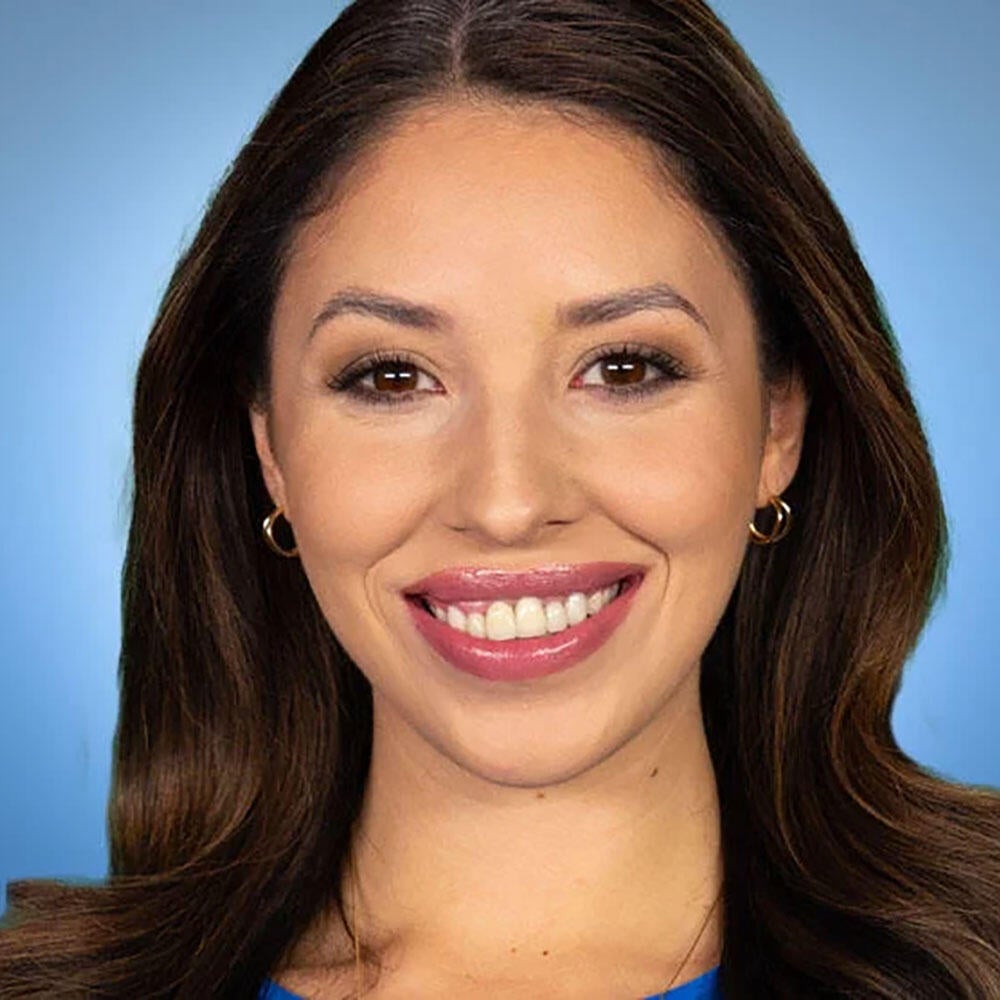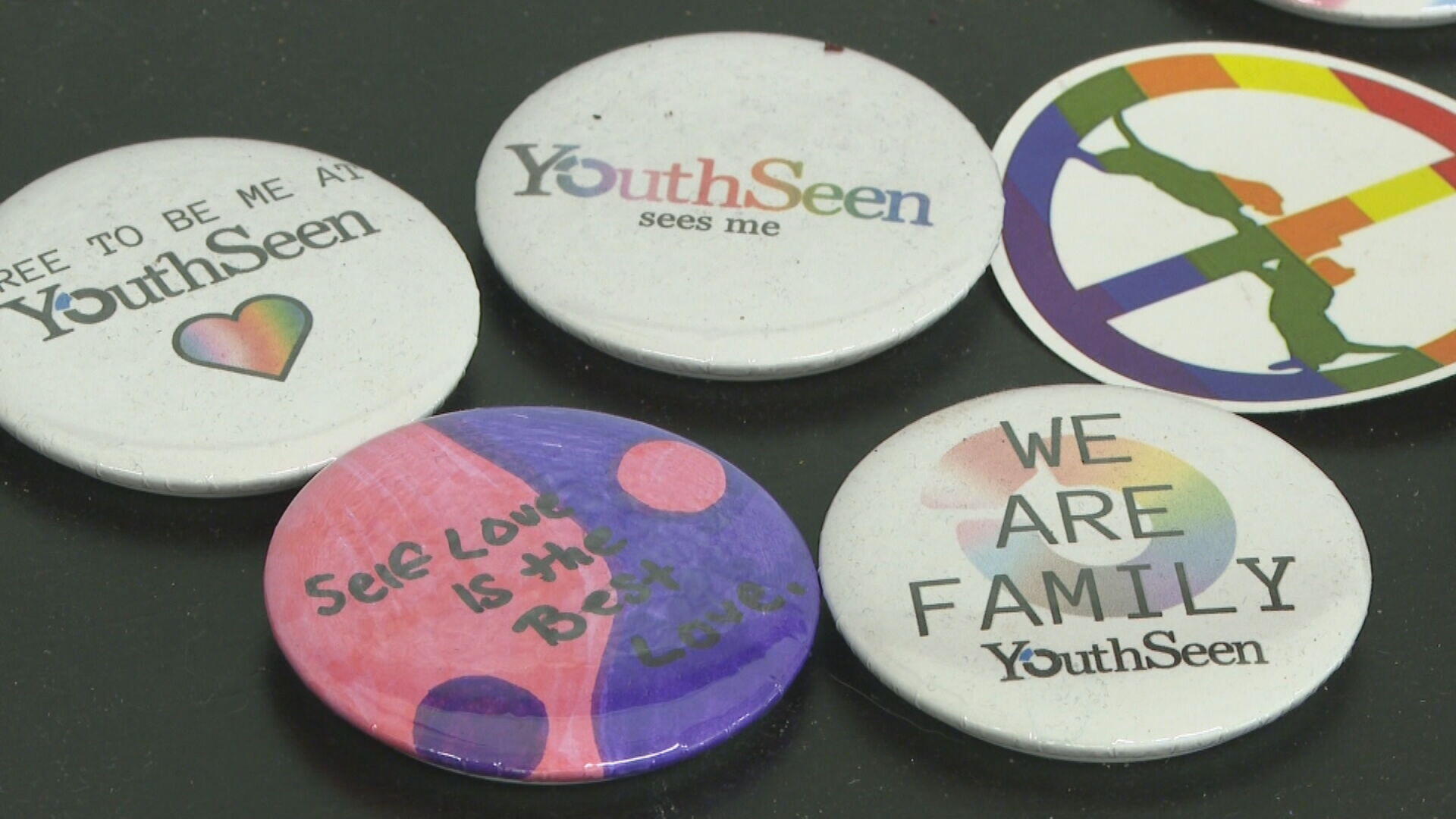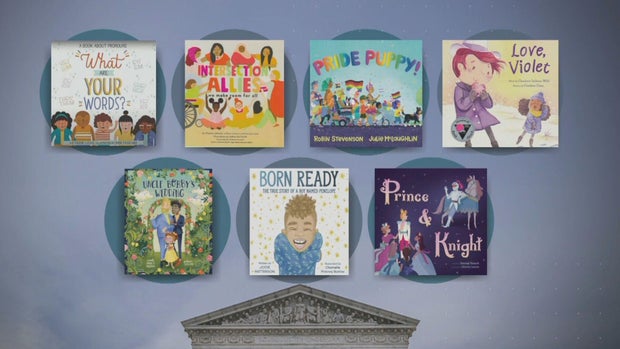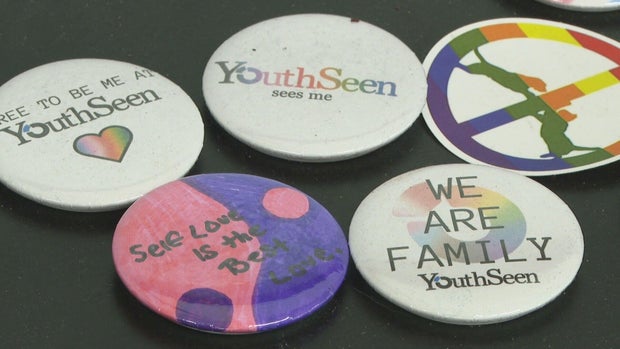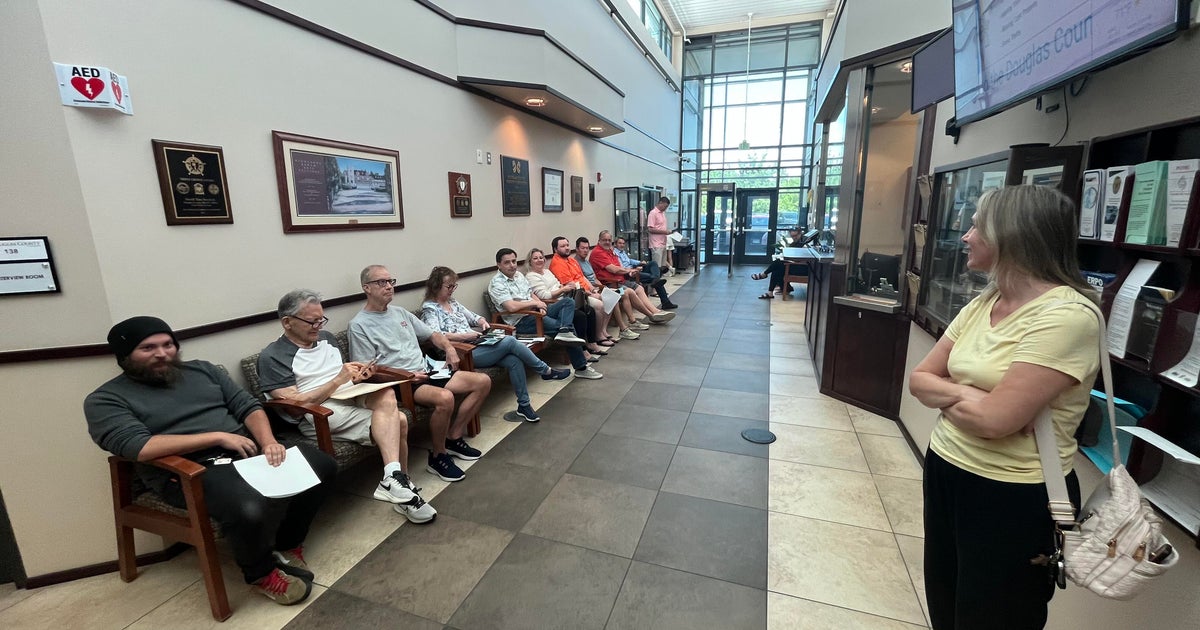Coloradans split on SCOTUS ruling allowing parents to opt children out of lessons with LGBTQ+ books
On Friday, the United States Supreme Court ruled that parents in Maryland can pull their children from public school lessons over LGBTQ+ storybooks if they have a religious objection. Those on both sides of the issue in Colorado believe the ruling will have a big impact on students and their families.
In the 6-3 decision, the conservative-leaning High Court reversed a lower court ruling in favor of the Montgomery County school system outside of Washington, D.C. Colorado parents like Lori Gimelshteyn say this is a victory for their families.
"I think this gives parents the ability to have confidence in their constitutional right to direct their child's education," said Gimelshteyn.
Meanwhile, others believe the ruling will be harmful to children.
"When parents are pulling youth out because they don't agree with their young people learning about LGBTQ+ issues, that's super damaging," said Dr. Tara Jae, the founder of , which focuses on mental health for LGBTQ+ youth.
The Maryland school district used these books in the curriculum to promote diversity by featuring LGBTQ+ characters and themes.
"We need to be able to have access to different cultures, have an understanding of different knowledge histories," said Dr. Jae.
Dr. Jae believes the ruling, which would allow parents to pull their children from public school lessons using LGBTQ+ storybooks based on religious objection, could hurt a child's emotional development.
"When we block our youth from having inclusive and open conversations, we are limiting their ability to be full, functioning adults, emotionally, socially and just having an understanding," said Dr. Jae.
Dr. Jae also believes the opt-outs could be disruptive to classroom learning and create isolation and shame.
Gimelshteyn, with the , believes the ruling affirms that parents have authority over their child's education.
The network filed an amicus brief urging the court to restore the rights to families, after the network heard from local parents, too.
"They were very alarmed that their children, their young elementary school children, are coming home and having more discussions around gender and sexuality and pronouns," said Gimelshteyn.
Gimelshteyn added it's not inclusion, if it's excluding parents, and she believes the ruling gives families a voice.
"We want to make sure schools around here are focusing on not keeping things in secret, not forcing or compelling gender and sexuality instruction on children," said Gimelshteyn.
